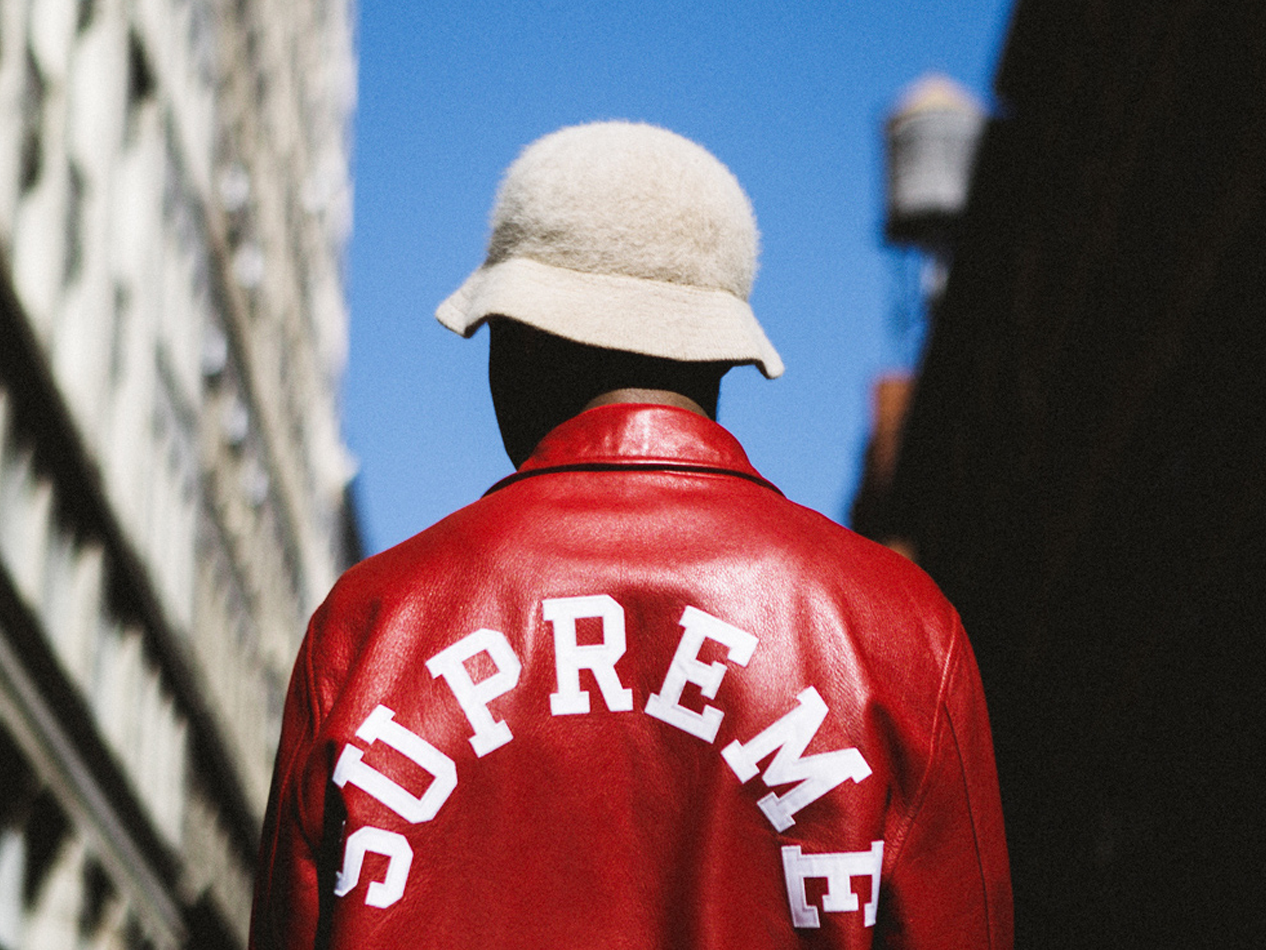This past year, we’ve seen the importance of visual content emphasised by the changes that occurred across almost every major social network, including Facebook, Twitter, Instagram, and Pinterest. At the same time, both video and infographics have become powerful tools for brands looking to communicate more easily with their readers.
To help you keep pace with these trends, let’s take a look at some statistics that demonstrate the impact visual content has on reach, engagement, and sales.
General Visual Content Stats
1) Researchers found that colored visuals increase people’s willingness to read a piece of content by 80%.
2) When people hear information, they’re likely to remember only 10% of that information three days later. However, if a relevant image is paired with that same information, people retained 65% of the information three days later.
3) 46% of marketers say photography is critical to their current marketing and storytelling strategies.
4) 34% of marketers selected visual assets as their most important content, behind blogging (45%) and before videos (19%).
5) 65% of senior marketing executives believe that visual assets (photos, video, illustrations and infographics) are core to how their brand story is communicated.
6) Content with relevant images gets 94% more views than content without relevant images.
7) Only 27% of marketers have a process in place to aggregate, organize, and manage the visual assets being used across their marketing teams.
8) 39% of marketers believe that more of their budget should be allocated to the acquisition or creation of compelling visual assets.
9) 73% of content creators plan to prioritize creating more engaging content in 2016, and 55% plan to prioritize creating visual content.
Video Stats
10) 51.9% of marketing professionals worldwide name video as the type of content with the best ROI.
11) Shoppers who view video are 1.81X more likely to purchase than non-viewers.
12) Using the word “video” in an email subject line boosts open rates by 19%, click-through rates by 65% and reduces unsubscribes by 26%.
13) Midway through 2015, mobile video plays exceeded 44% — up 74% from 2014 and up a whopping 844% since 2012.
14) Between April 2015 and November 2015, the amount of average daily video views on Facebook doubled from 4 billion video views per day to 8 billion.
15) In July 2015, Periscope users were watching 40 years’ worth of videos every day.
16) In Q2 of 2015, mobile phones (34%) and tablets (15%) combined for 49% of video ad impressions — up from 38% in Q1 of 2015. Publishers saw PC impressions drop from 62% to 50% in the previous quarter.
17) Syndacast predicts 74% of all internet traffic in 2017 will be video.
Infographic Stats
18) Eye-tracking studies show internet readers pay close attention to information-carrying images. In fact, when the images are relevant, readers spend more time looking at the images than they do reading text on the page.
19) Infographics are Liked and shared on social media 3X more than other any other type of content.
20) Infographics were the B2B content marketing tactic with the biggest increase from 2014 to 2015, up from 51% to 62%.
21) People following directions with text and illustrations do 323% better than people following directions without illustrations.
22) 60% of marketers predict the use of infographics will increase in 2016 compared to 2015.
Social Media Stats
23) Visual content is more than 40X more likely to get shared on social media than other types of content.
24) Articles with an image once every 75-100 words got double the number of social shares than articles with fewer images.
25) 71% of online marketers use visual assets in their social media marketing.
26) B2C marketers place more importance on visual content than B2B marketers — and a whopping 40% of B2C marketers say visual content is the most important type of content.
27) Facebook posts with images see 2.3X more engagement than those without images.
28) Buffer reported that for its user base, tweets with images received 150% more retweets than tweets without images.
29) The Instagram community has grown to more than 400 million as of September 2015.
30) On Instagram, photos showing faces get 38% more Likes than photos not showing faces.
31) Organic engagement on Facebook more than doubled in 2015, while organic engagement on Instagram almost halved.
32) 52% of teens use Instagram, and nearly as many (41%) use Snapchat.
33) Snapchat has 100 million daily users, 65% of whom upload photos using the app.
34) Women continue to dominate Pinterest: 44% of online women use Pinterest compared with 16% of online men.
35) Shopify users referred by Pinterest spend an average of £55 compared to the Facebook referral average of £30.
36) Pins on Pinterest have viral potential: Over 80% of pins are re-pins compared to 1.4% of tweets retweeted.
37) 88% of consumers have purchased a product they pinned, and 49% have purchased 5 or more products they’ve pinned.
How will you incorporate more visual and interactive content into your 2016 marketing strategy? Share with us in the comments below.



